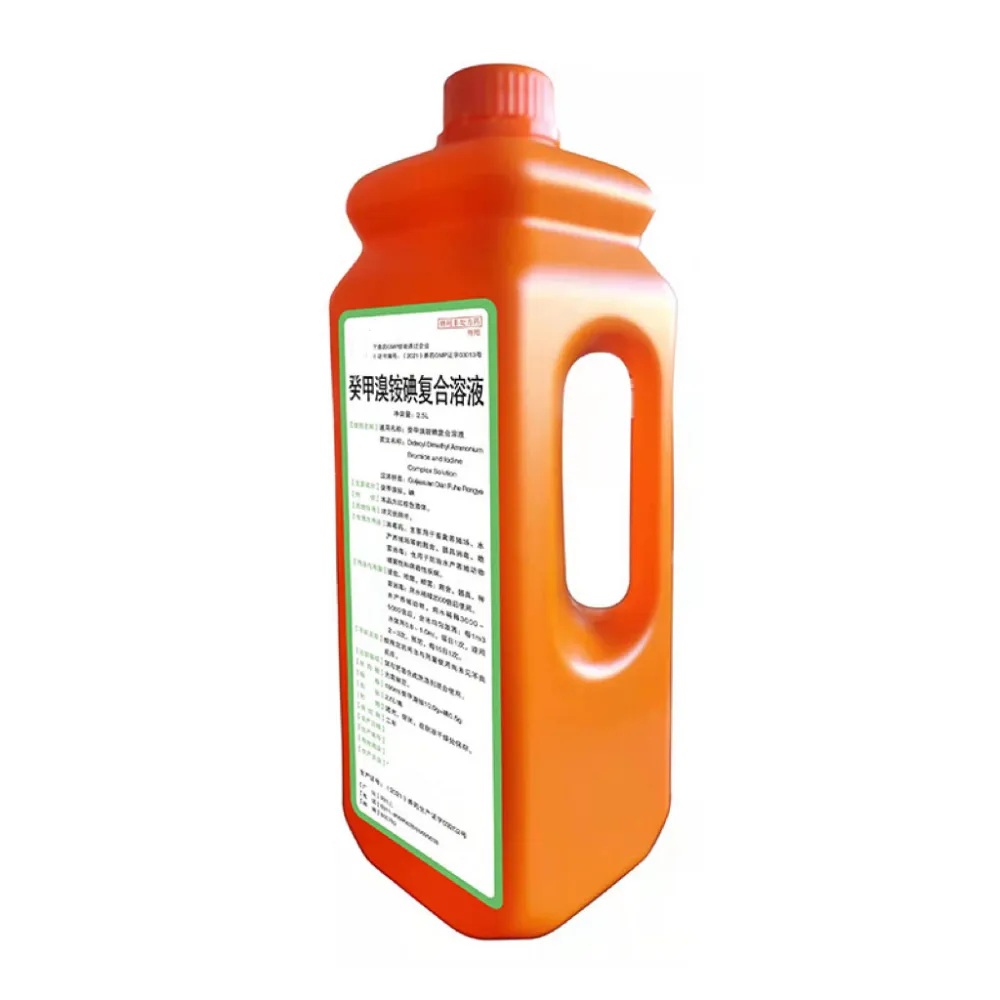- Afrikaans
- Albanian
- Amharic
- Arabic
- Armenian
- Azerbaijani
- Basque
- Belarusian
- Bengali
- Bosnian
- Bulgarian
- Catalan
- Cebuano
- Corsican
- Croatian
- Czech
- Danish
- Dutch
- English
- Esperanto
- Estonian
- Finnish
- French
- Frisian
- Galician
- Georgian
- German
- Greek
- Gujarati
- Haitian Creole
- hausa
- hawaiian
- Hebrew
- Hindi
- Miao
- Hungarian
- Icelandic
- igbo
- Indonesian
- irish
- Italian
- Japanese
- Javanese
- Kannada
- kazakh
- Khmer
- Rwandese
- Korean
- Kurdish
- Kyrgyz
- Lao
- Latin
- Latvian
- Lithuanian
- Luxembourgish
- Macedonian
- Malgashi
- Malay
- Malayalam
- Maltese
- Maori
- Marathi
- Mongolian
- Myanmar
- Nepali
- Norwegian
- Norwegian
- Occitan
- Pashto
- Persian
- Polish
- Portuguese
- Punjabi
- Romanian
- Russian
- Samoan
- Scottish Gaelic
- Serbian
- Sesotho
- Shona
- Sindhi
- Sinhala
- Slovak
- Slovenian
- Somali
- Spanish
- Sundanese
- Swahili
- Swedish
- Tagalog
- Tajik
- Tamil
- Tatar
- Telugu
- Thai
- Turkish
- Turkmen
- Ukrainian
- Urdu
- Uighur
- Uzbek
- Vietnamese
- Welsh
- Bantu
- Yiddish
- Yoruba
- Zulu
10 月 . 11, 2024 01:44 Back to list
Ivermectin Injection Use During Pregnancy in Cattle for Effective Parasite Control
Ivermectin Injection for Pregnant Cattle A Comprehensive Overview
Ivermectin is a widely recognized antiparasitic agent that has gained prominence in veterinary medicine, especially in the management of internal and external parasites in cattle. The use of ivermectin injection in pregnant cattle, however, raises important considerations regarding its safety, efficacy, and the implications for both the animals and their unborn calves. This article aims to provide a comprehensive overview of the use of ivermectin in pregnant cattle, focusing on its benefits, precautions, and suggested best practices.
Understanding Ivermectin
Ivermectin belongs to the avermectin family and is derived from the soil bacterium Streptomyces avermitilis. It functions by binding to glutamate-gated chloride channels in parasites, leading to paralysis and death of the organisms. Ivermectin is particularly effective against a range of endoparasites (such as roundworms and lungworms) and ectoparasites (including mites and lice). Its potent efficacy makes it a preferred choice for cattle producers aiming for healthier herds.
The Importance of Parasite Control in Pregnant Cattle
Pregnant cattle are vulnerable to a multitude of stressors, including nutritional demands and the physiological changes associated with pregnancy. Parasitic infestations can exacerbate these challenges, potentially leading to decreased feed efficiency, weight loss, and compromised immune function. Effective parasite management is crucial not only for the health of the mother but also for ensuring the optimal development of the fetus. Reducing the parasite burden in pregnant cows can lead to better calving rates, healthier calves, and improved overall herd productivity.
Is Ivermectin Safe for Pregnant Cattle?
Research indicates that ivermectin can be safely administered to pregnant cattle, but caution is advised. Studies have demonstrated that when used according to recommended dosages, ivermectin does not adversely affect fetal development. However, the timing of administration is key; it is generally recommended to avoid use during the first trimester of pregnancy unless absolutely necessary, as this is a critical period for fetal organ development.
Dosage and Administration
ivermectin injection for pregnant cattle

The typical dosage of ivermectin for cattle is 200 micrograms per kilogram of body weight, administered as a subcutaneous or intramuscular injection. It is essential to follow veterinary guidance when determining the appropriate dosage and timing, as improper administration may lead to reduced efficacy or adverse effects. Additionally, producers should consider the overall health status and specific needs of the individual animal when planning treatment.
Best Practices for Using Ivermectin in Pregnant Cattle
1. Consult a Veterinarian Before administering any medication, consulting with a licensed veterinarian is crucial. They can provide guidance on the appropriate use of ivermectin, taking into account the specific conditions of the herd and the health of the pregnant cattle.
2. Monitor Body Condition Regularly assess the body condition of pregnant cattle to identify signs of parasitic infestations early. This proactive approach can help in making informed decisions about treatment timing and necessity.
3. Timing Treatment Appropriately As mentioned, it is advisable to avoid administering ivermectin during early pregnancy unless absolutely necessary. Treatments may be more effectively timed in the mid to late stages of pregnancy, alongside other herd health management practices.
4. Follow Withdrawal Periods If cattle are intended for slaughter, it is essential to adhere to the established withdrawal periods for ivermectin to ensure that drug residues do not remain in the animal’s meat or milk.
5. Integration with Other Health Management Practices Ivermectin should be part of a broader herd health program. The integration of vaccination, nutrition, and biosecurity measures can enhance the overall health and productivity of pregnant cattle.
Conclusion
Ivermectin injection can be a valuable tool for managing parasitic infections in pregnant cattle, promoting the health of both the mother and her developing calf. By understanding its safe application, dosage, and timing, cattle producers can effectively integrate ivermectin into their herd health strategy. However, it remains paramount to prioritize veterinary oversight and adhere to best practices to ensure both the efficacy and safety of treatment in pregnant livestock. As with all veterinary practices, informed decision-making backed by scientific evidence and professional guidance is key to thriving cattle operations.
-
The Power of Radix Isatidis Extract for Your Health and Wellness
NewsOct.29,2024
-
Neomycin Sulfate Soluble Powder: A Versatile Solution for Pet Health
NewsOct.29,2024
-
Lincomycin Hydrochloride Soluble Powder – The Essential Solution
NewsOct.29,2024
-
Garamycin Gentamicin Sulfate for Effective Infection Control
NewsOct.29,2024
-
Doxycycline Hyclate Soluble Powder: Your Antibiotic Needs
NewsOct.29,2024
-
Tilmicosin Premix: The Ultimate Solution for Poultry Health
NewsOct.29,2024













